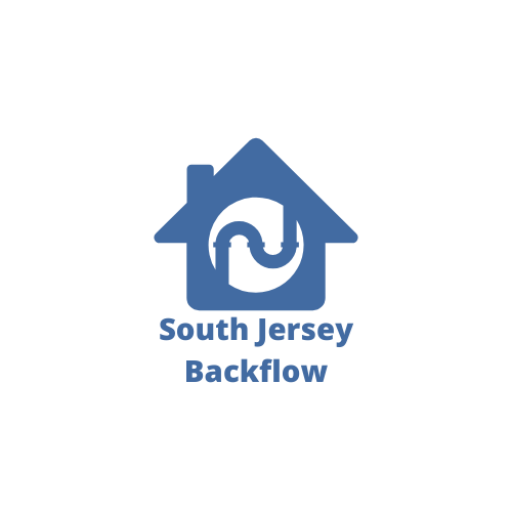Understanding Backflow Regulations in New Jersey: What Property Owners Need to Know
Backflow prevention is essential to maintaining clean drinking water, and New Jersey has strict regulations to ensure public water supplies remain free from contamination. Whether you own a home, business, or industrial facility, understanding backflow regulations is crucial for compliance and water safety. This guide provides an overview of New Jersey’s backflow prevention laws and how South Jersey Backflow can help property owners meet these requirements.
Why Backflow Regulations Exist
Backflow occurs when contaminated water reverses direction and enters the potable water supply.
This can be caused by sudden drops in water pressure, back-siphonage, or back-pressure situations.
To prevent this, regulatory agencies enforce laws requiring backflow prevention devices in properties with potential contamination risks.
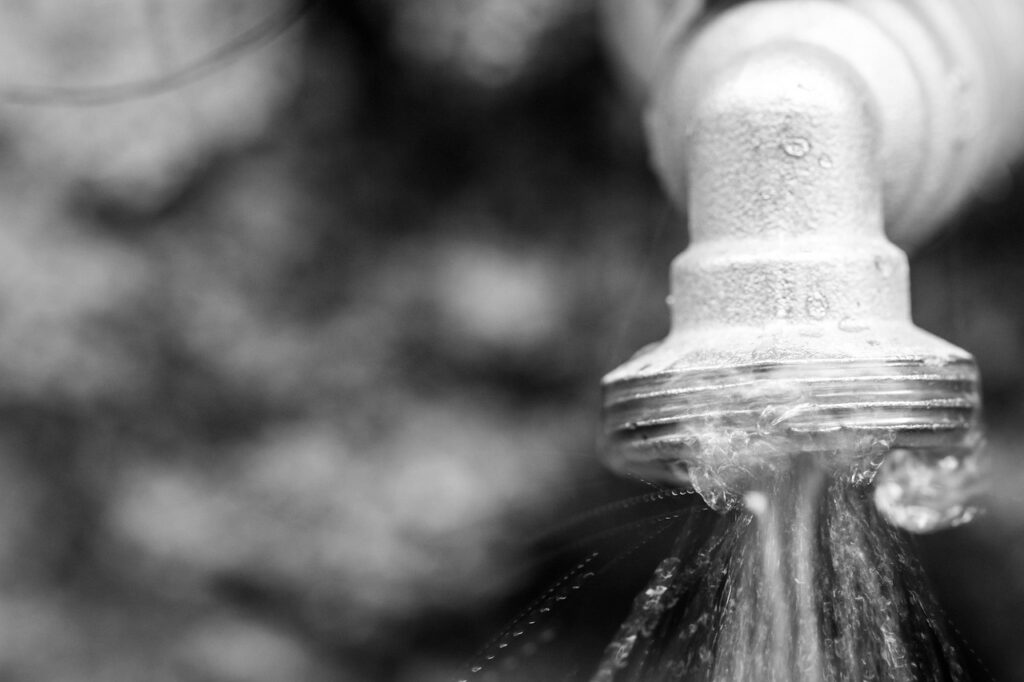
Key Regulatory Bodies in New Jersey
Several agencies oversee backflow prevention in New Jersey:
1. New Jersey Department of Environmental Protection (NJDEP)
Establishes statewide water safety and compliance standards.
2. American Water and Local Water Authorities
Enforce backflow testing and reporting at the municipal level.
3. Municipal Governments
Require adherence to local plumbing codes and annual inspections.
Who Needs to Comply with Backflow Regulations?
New Jersey law requires backflow prevention measures for:
Commercial and Industrial Properties
Businesses with irrigation systems, fire sprinklers, or chemical processing areas.
Multi-Family Residential Buildings
Apartments and condos with shared water lines.
Healthcare and Food Service Establishments
Hospitals, restaurants, and laboratories where contamination risks are higher.
Homeowners with Irrigation Systems
Properties using underground sprinkler systems that connect to municipal water supplies.
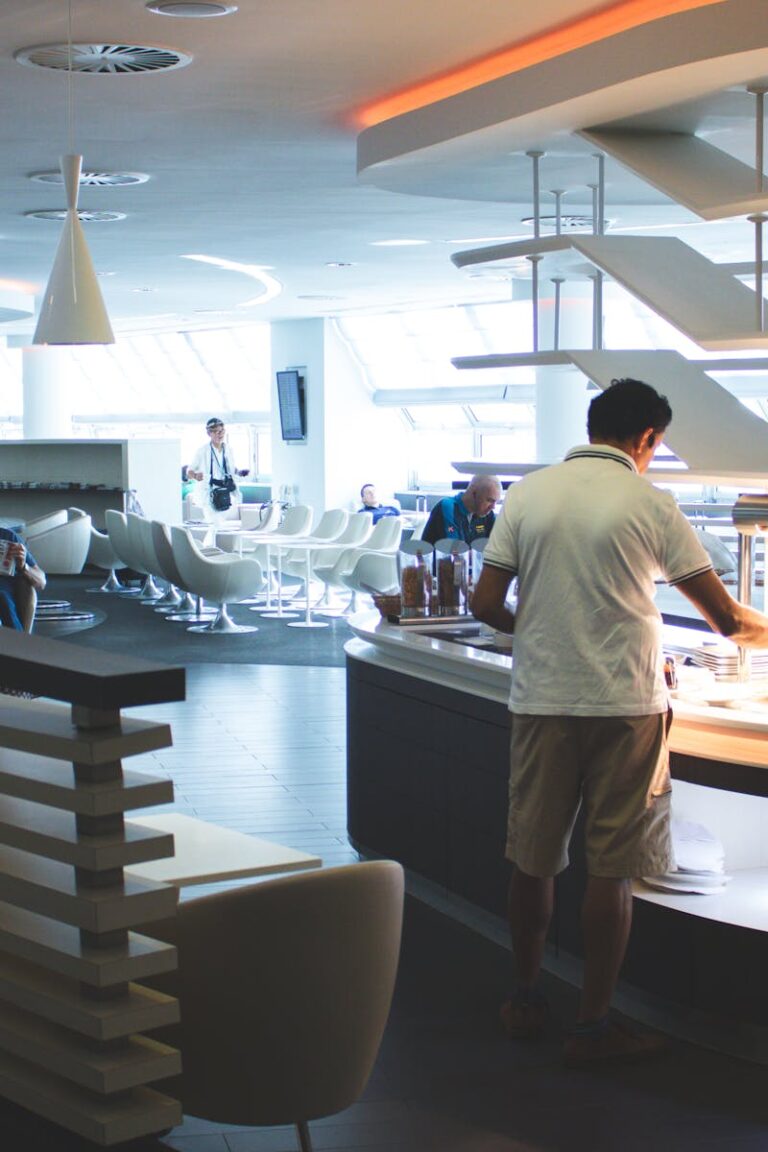
Requirements for Backflow Prevention in New Jersey
1. Installation of Approved Backflow Prevention Devices
Properties must install backflow prevention devices that meet NJDEP standards. Common devices include:
- Reduced Pressure Zone (RPZ) Assemblies – Used for high-risk contamination scenarios.
- Double Check Valve Assemblies (DCVA) – Suitable for moderate-risk applications.
- Pressure Vacuum Breakers (PVB) – Often used in irrigation systems.
2. Annual Backflow Testing
- Backflow prevention devices must be tested at least once per year by a certified backflow tester.
- Test results must be submitted to local water authorities to maintain compliance.
- Any failed tests require immediate repairs and re-certification.
3. Proper Maintenance and Record-Keeping
- Property owners must ensure that their backflow preventers remain in working condition.
- Records of testing, maintenance, and repairs must be kept for at least three years.
- Local water authorities may conduct audits to verify compliance.
Consequences of Non-Compliance
Failure to comply with New Jersey’s backflow regulations can result in:

Fines and Penalties
Property owners may face costly fines for untested or malfunctioning devices.
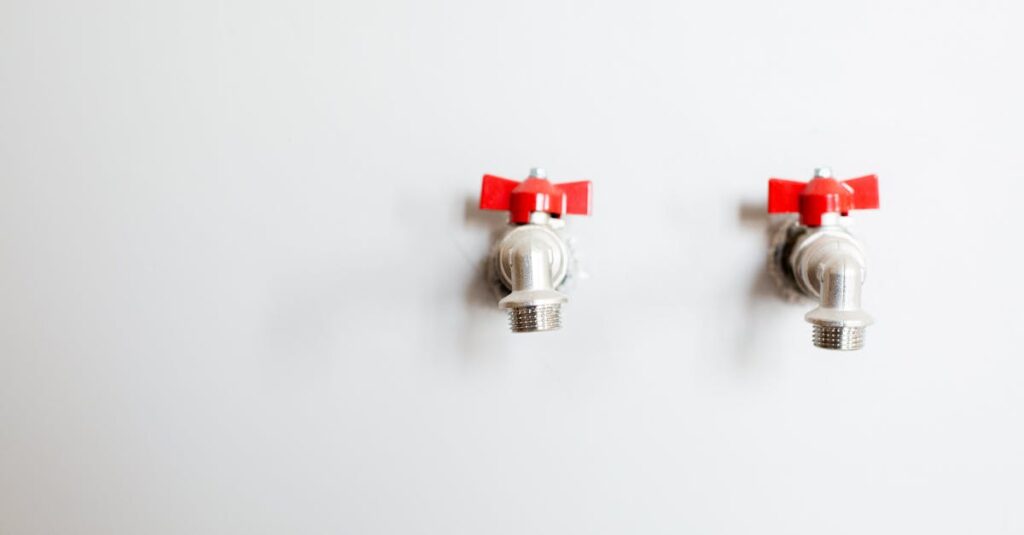
Water Service Interruption
Local authorities can shut off water supply until compliance is restored.
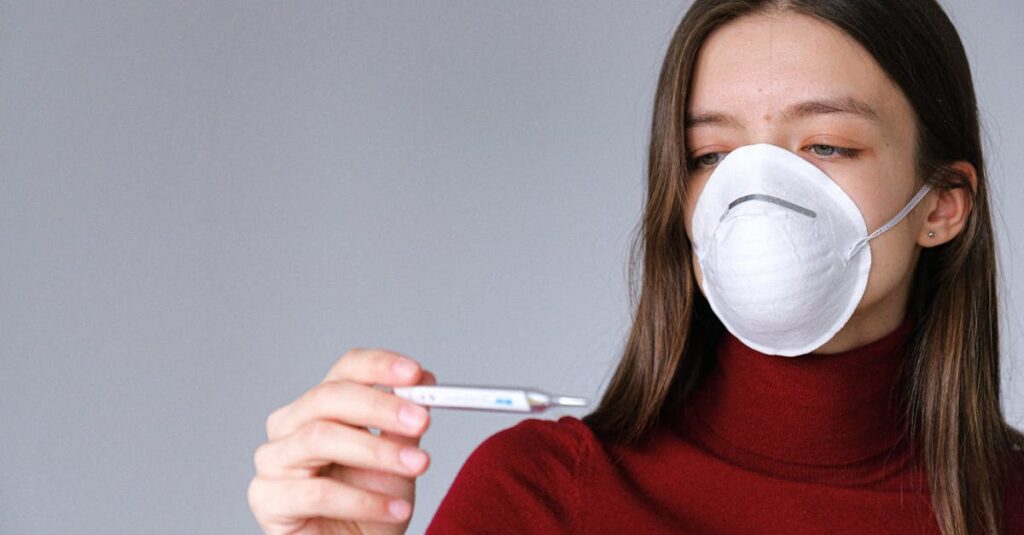
Health and Safety Risks
A highly effective device that uses multiple check valves and relief mechanisms to maintain water purity.
How South Jersey Backflow Can Help
Navigating backflow regulations can be complex, but South Jersey Backflow makes compliance easy. We offer:
- Certified Backflow Testing – Ensuring your system meets NJDEP and local standards.
- Expert Installation and Repairs – Professionally installed and serviced backflow prevention devices.
- Regulatory Compliance Assistance – Submission of test reports and record-keeping services.
- Emergency Services – Quick response to backflow issues to prevent contamination and fines.
Stay Compliant with South Jersey Backflow
Protect your water supply and stay in compliance with New Jersey’s backflow regulations.
Contact South Jersey Backflow today to schedule testing, installation, or consultation services. Keeping your water safe is our priority!
